I've searched through other questions such as this one, but they all seem to be about a local npm link stopping working for another reason than mine. I assume this is a common use-case issue, so if I'm doing something methodically wrong, I'm more than happy to take suggestions on how I should be doing it.
Principally, I have a private npm module that I'm working on called @organisation/module. When working locally, I'll run npm link on it, and use it within my 'host' project as npm link @organisation/module — this all works great with hot-reloading, etc. I'll also import it as import module from '@organisation/module.
However, since I also want to publish my local changes to npm (as @organisation/module) from time to time, for build testing and production code, I need to run npm install @organisation/module on the host project.
This then seems to break the implicit npm link I set up earlier... I assume mainly because they are the same name, and npm favors an install over a link?
When I want to make live, local changes again, the only way I can currently get it to work is via npm uninstall @organisation/module and then to re-link it.
Is there a way to keep the published module installed (in order to avoid careless mistakes, like forgetting to reinstall it for build testing), but always favour the local, linked instance?
